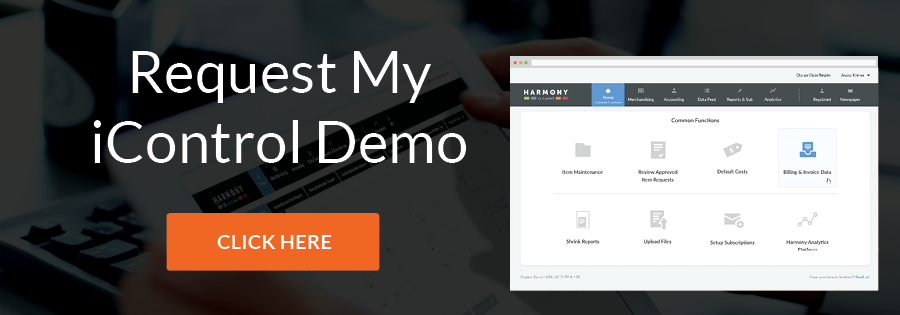With the introduction of new technologies to gather and manage larger amounts of data, the cost of inaccuracies in that data is becoming more and more significant, and the numbers are sometimes staggering. Some sources say bad data costs up to 10%-25% of a company's revenue, with $3 trillion cutting into the U.S. economy. For progressive retailers and suppliers who have embraced the collaborative sharing of data to grow their mutual business, maintaining high levels of data accuracy is essential to optimizing the value of this collaboration.

The consistency and accuracy of shared data is essential to core supply chain functions such as product ordering and replenishment, inventory management, price and promotion analysis, planogram and shelf set optimization. Further, the communication between retailers and suppliers relating to this shared data is vital to keep things running smoothly throughout the supply chain. Any data inaccuracies can have a significant impact on sales and profits for both partners.
Here are four ways to make sure having incorrect data isn't your problem:
1. Using Automation to Enhance Ordering Data
While manual orders are still being written by some suppliers, this practice is gradually becoming a thing of the past. With the advent of electronic ordering, both suppliers and retailers benefit from a more efficient fulfillment process. Electronic ordering eliminates human error associated with manual data entry, and can base future demand on actual data, rather than gut feeling.
However, industry leading analytics solutions can aggregate retailer and supplier data to offer a much more comprehensive view of current inventory and expected demand. Often, this data sharing can be automated to ensure these projections incorporate the most current information on pending orders, shipments and warehouse out-of-stocks. This more proactive, deliberate approach to managin demand and fulfillment can help trading partners capture more sales opportunities and maximize profits.
2. Processing Your Invoices Electronically
While manual ordering processing continues to decline, so does manual invoicing and reconciliation. By taking advantage of electronic ordering and inventories, suppliers and retailers can also streamline invoicing by going paperless. Electronic invoicing also improves accuracy by eliminating manual data entry. Suppliers can get paid for deliveries faster, and retailers can reconcile their accounting more quickly and efficiently than ever before.
Even invoice errors are reduced by taking advantage of automated error prevention capabilities. For example, pricebook synchronization ensures that a retailer pays suppliers based on mutually agreed upon product costs, and that both parties maintain constant alignment on product cost and retail. This is another example of how a proactive approach utilizing collaborative data sharing can minimize errors before they occur - and eliminate the need for reconciliation altogether.
3. Utilizing Advanced Audit Functionality
Despite installing best practices in data management, some errors in data can be unavoidable. However, it is possible to proactively manage these exceptions. Whether you are trying to confirm implementation of a new pricing strategy, assess compliance with a new planogram reset or even measure error rates on deliveries and invoices, it is essential to choose an analytics solution that incorporates advanced audit capabilities into all data management components.
Just as data integrity should be the foundation of any data management platform, advanced audit functionality should be the cornerstone. Industry-leading solutions can maintain not only the integrity of the data, but also the analytics that are built on that data. For example, during a new product launch, the item setup data such as UPC, cost and retail can be audited for variances between supplier and retailer files. But once launched, the distribution of those products can also be audited to confirm that all intended stores received shipments and are showing sales. Any exceptions can be addressed quickly to ensure a successful introduction to the market.
4. Integrating Analytics Into the Entire Retail Operation
Although it may seem daunting, being able to assimilate vast amounts of data between trading partners is an essential part of big data management. But, there are best-in-class analytics solutions that can simplify data assimilation and present insights in easily digestible formats. For example, sales scorecards can provide high-level overviews of sales performance by geography, by category, or by vendor. But, true insights are revealed with the ability to drill down within those scorecards to view data by store, by UPC, or by route.
This ability to identify variances or exceptions at a high level, and then view the data at a granular level to uncover the sources can be a very powerful tool to improve the accuracy and validation of data throughout an enterprise. These tools can transform the culture of an organization from reactive to proactive, and empower users to maximize the value of data collaboration to build their businesses.
Request a demo to learn more about our real-time analytic tools that can finally remove the unexpected expense of relying on bad data.
